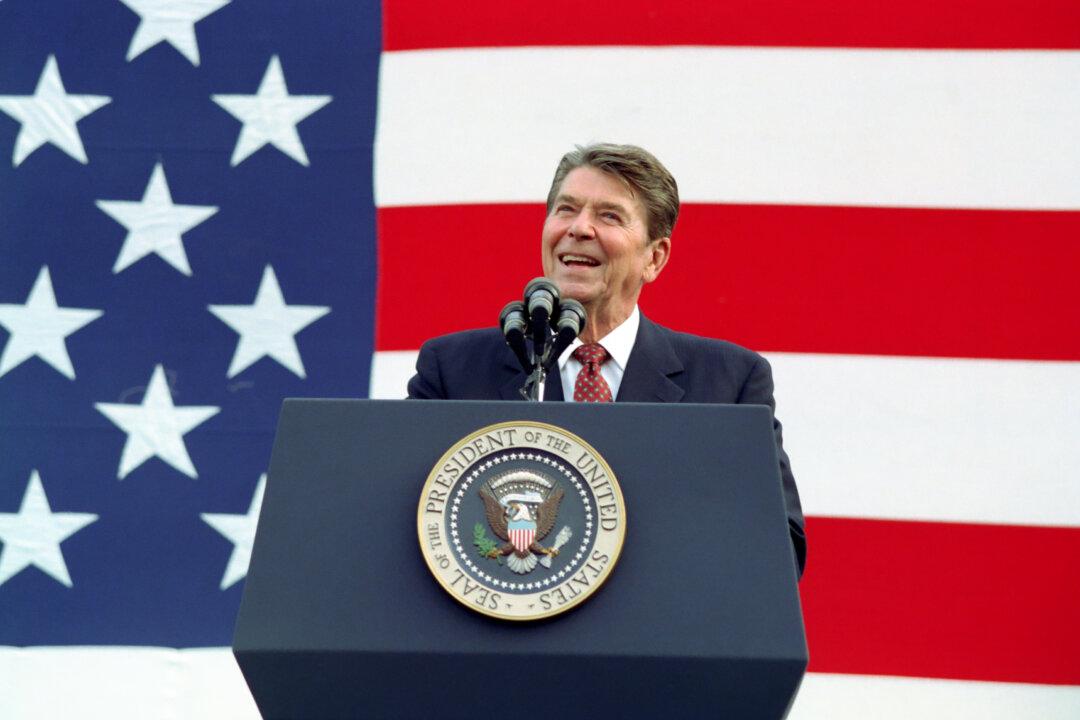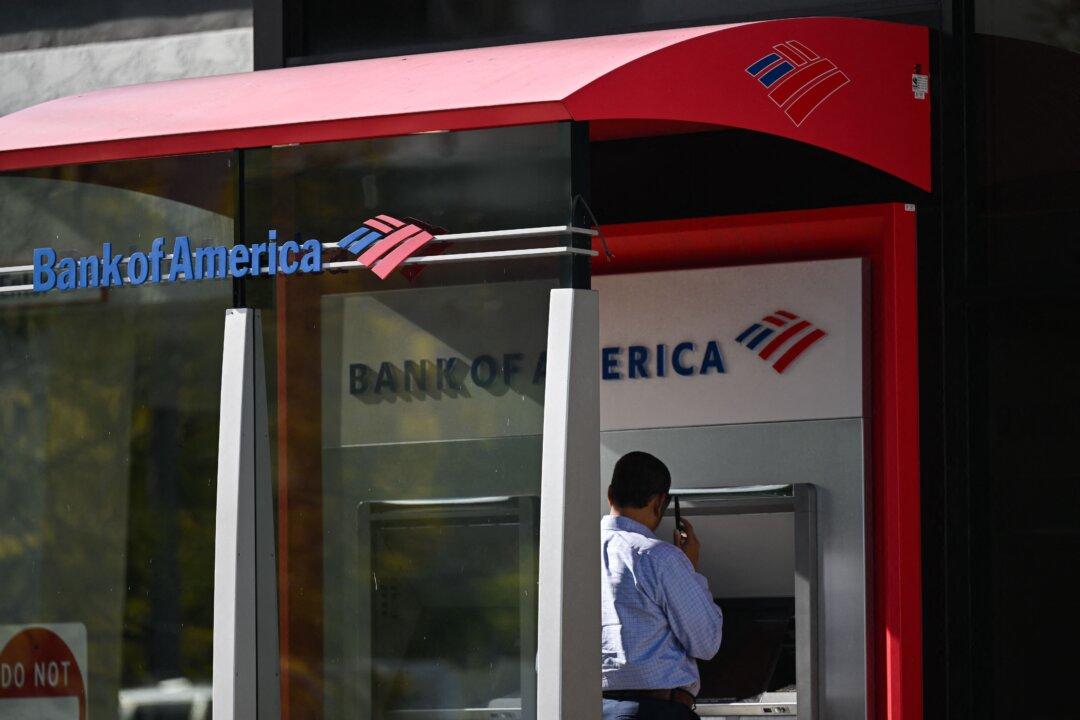Commentary
President Ronald Reagan remains a touchstone for policy among Republicans nationally and, especially, in California. For example, it’s a major theme in former baseball star Steve Garvey’s campaign for U.S. Senate, according to a fundraising letter I got from him.





